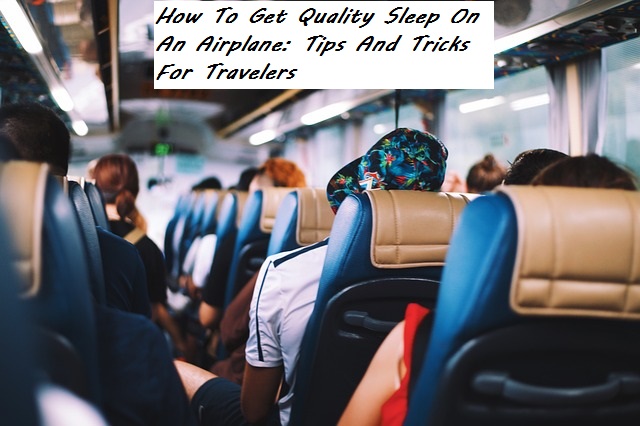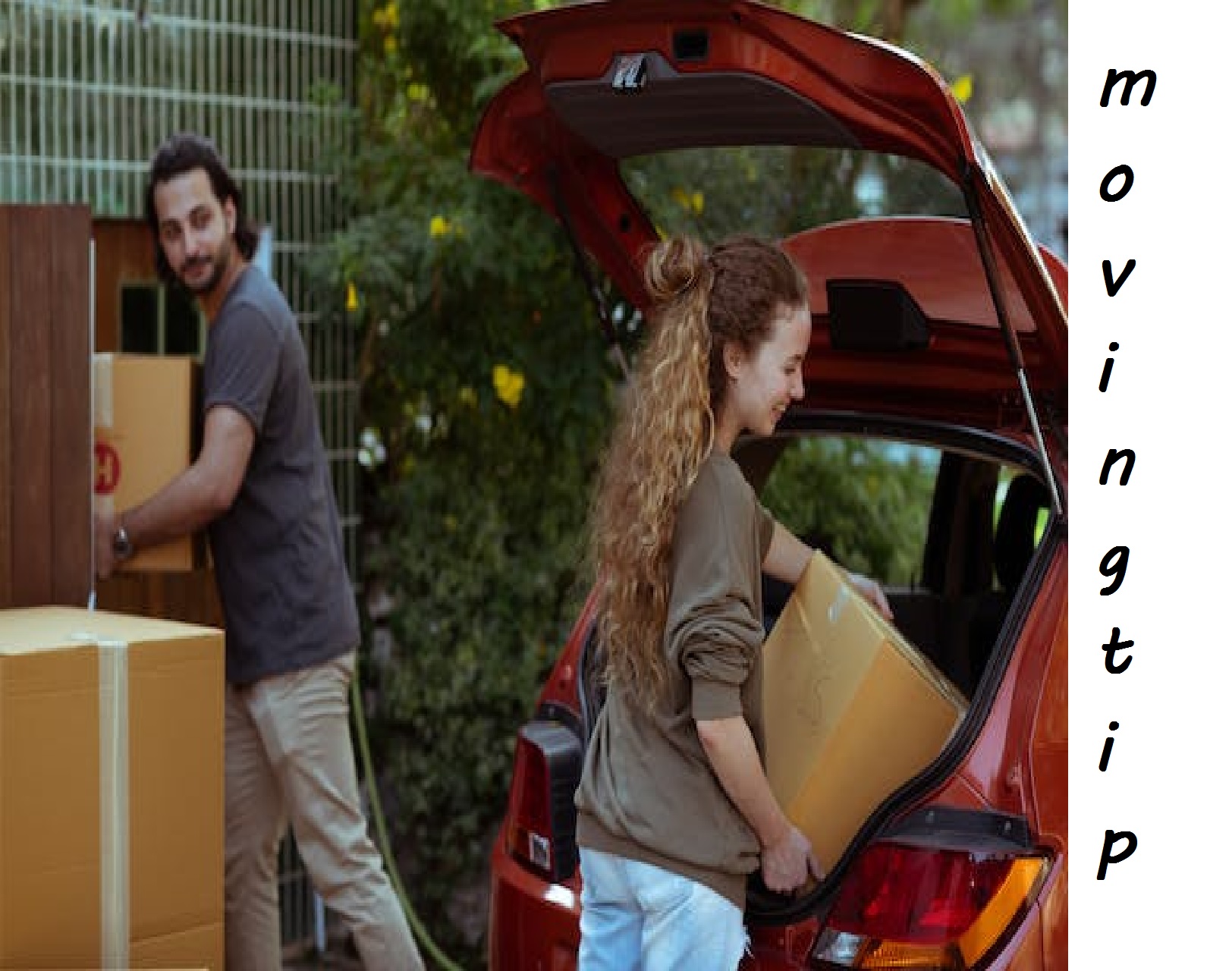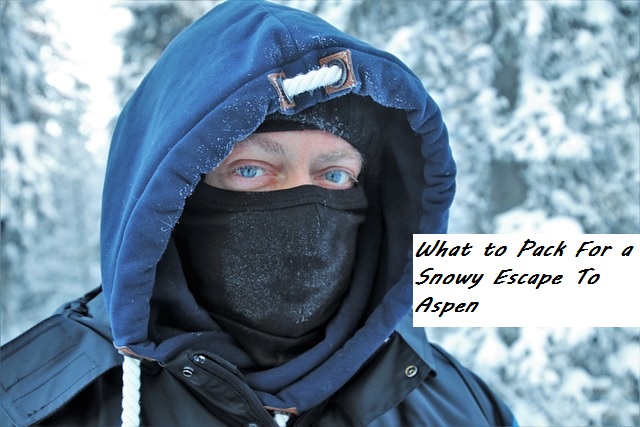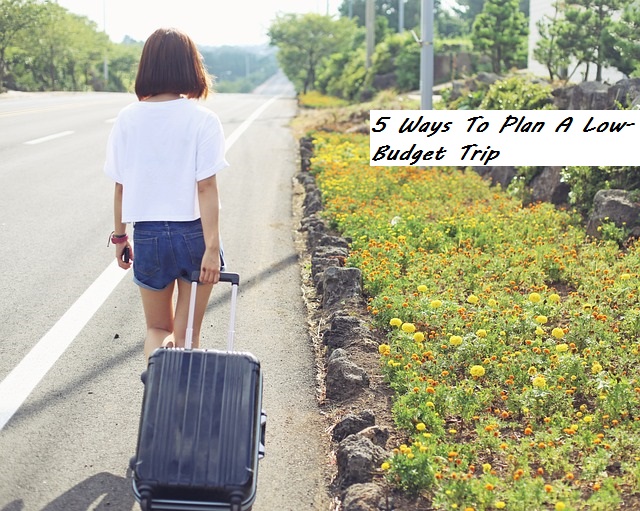What are the factors that influence sleep quality on an airplane?
There are many factors that can influence sleep quality on an airplane. Some of these factors include:
-The type of aircraft. Some aircraft are louder than others and this can make it difficult to sleep.
-The time of day. If you are flying during the daytime, it may be easier to stay awake than if you are flying at night.
-The length of the flight. Longer flights tend to be more tiring and can make it harder to sleep.
-Your seat location. If you are seated in a window seat, you may have difficulty sleeping due to the constant exposure to light. If you are seated in a middle or aisle seat, you may be disturbed by your fellow passengers getting up to use the restroom or stretch their legs.
-Your personal comfort level. Some people simply cannot get comfortable on an airplane no matter what they do. This can make it very difficult to fall asleep.
How can I make the environment more conducive to sleep?
When you’re trying to sleep on an airplane, there are a few things you can do to make the environment more conducive to sleep. First, if possible, choose a window seat so you can lean your head against the side of the plane and block out some of the light. Second, put on an eye mask and earplugs to further reduce distractions. Third, try to relax as much as possible and clear your mind before trying to sleep. Finally, if you’re still having trouble falling asleep, consider taking a natural sleep aid like melatonin or chamomile tea. By following these tips, you’ll be more likely to get quality sleep on your next flight.
Tips and tricks for improving sleep on an airplane
If you’re one of those people who just can’t seem to get a good night’s sleep on an airplane, we have some tips and tricks that may help you out. First, try to book a window seat. This will give you something to lean against and help block out some of the light and noise from the cabin.
If you’re able to upgrade to a first or business class seat, do it! The extra space and privacy will make it much easier to relax and get some shut-eye. If not, see if you can snag an empty row of seats so you can lie down across them.
Wear comfortable clothing and bring along a scarf or shawl that you can use as a blanket. Eye masks are also helpful for blocking out light. And if noise is keeping you awake, try using earplugs or noise-cancelling headphones.
Finally, avoid caffeine and alcohol before your flight as they can make it harder to fall asleep. Stick to water or herbal tea instead. With these tips in mind, hopefully you’ll be able to catch some Z’s the next time you travel by plane!
How to deal with jet lag when traveling long distances
There’s nothing worse than arriving at your destination only to find that you can’t sleep because you’re suffering from jet lag. If you’re planning a long distance trip, here are some tips on how to deal with jet lag so you can get the best possible sleep on the plane.
– Drink lots of water: Staying hydrated is key for feeling good when you travel and it will also help reduce the effects of jet lag.
– Avoid alcohol and caffeine: Both of these substances can make it harder to fall asleep and stay asleep, so it’s best to avoid them if possible.
– Get up and move around: Every few hours, take a walk down the aisle or do some simple stretches in your seat to keep your body active and help promote better circulation.
– Adjust your watch: As soon as you board the plane, set your watch to the local time at your destination. This will help your body start to adjust to the new time zone.
– Sleep when it’s dark: If it’s nighttime at your destination, close the shades and try to sleep. If it’s daytime, try to stay awake and enjoy the flight.
Conclusion
Airplane journeys can be exhausting, making it difficult to get any quality sleep. However, with the right preparation and attitude, you can significantly improve your chances of getting some rest on your next flight. By bringing along comfy blankets and eye masks as well as by controlling your breathing and trying to relax before takeoff, you can make sure that you get the best possible sleep while in transit. So remember these tips and tricks when you travel next time – they could make all the difference!










